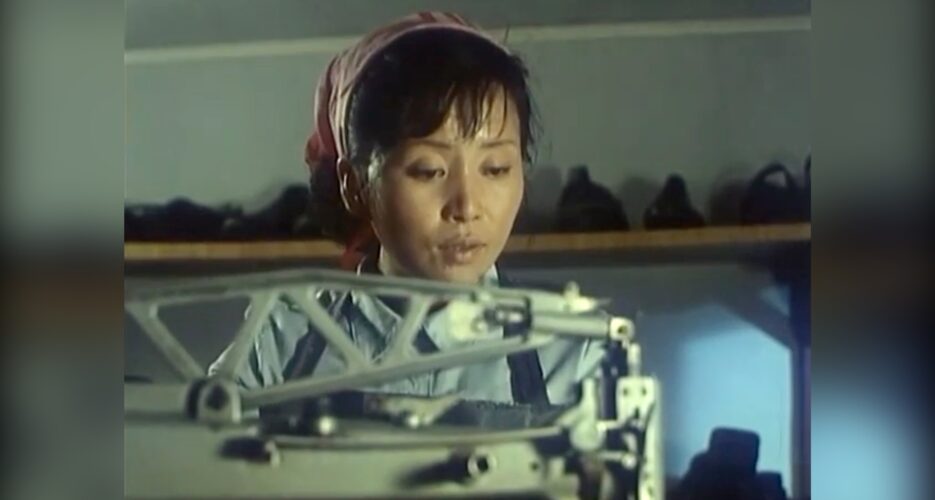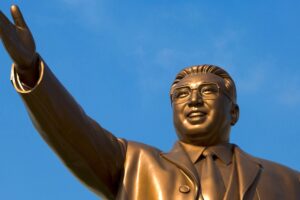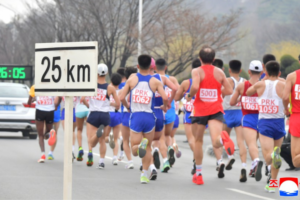North Koreans responded to the collapse of communism through grassroots capitalism, adopting what was then an alien concept in order to survive. Even decades later, market forces still play an important role in daily life in the DPRK.
But while these developments are well documented, far less well known is how the average North Korean feels about the retreat of communism and central distribution. More mysterious still is how DPRK society perceives growing income inequality and other characteristics of a market economy.
North Koreans responded to the collapse of communism through grassroots capitalism, adopting what was then an alien concept in order to survive. Even decades later, market forces still play an important role in daily life in the DPRK.
But while these developments are well documented, far less well known is how the average North Korean feels about the retreat of communism and central distribution. More mysterious still is how DPRK society perceives growing income inequality and other characteristics of a market economy.
Try unlimited access
Only $1 for four weeks
-
Unlimited access to all of NK News: reporting, investigations, analysis
-
Year-one discount if you continue past $1 trial period
-
The NK News Daily Update, an email newsletter to keep you in the loop
-
Searchable archive of all content, photo galleries, special columns
-
Contact NK News reporters with tips or requests for reporting
Get unlimited access to all NK News content, including original reporting, investigations, and analyses by our team of DPRK experts.
Subscribe
now
All major cards accepted. No commitments – you can cancel any time.











